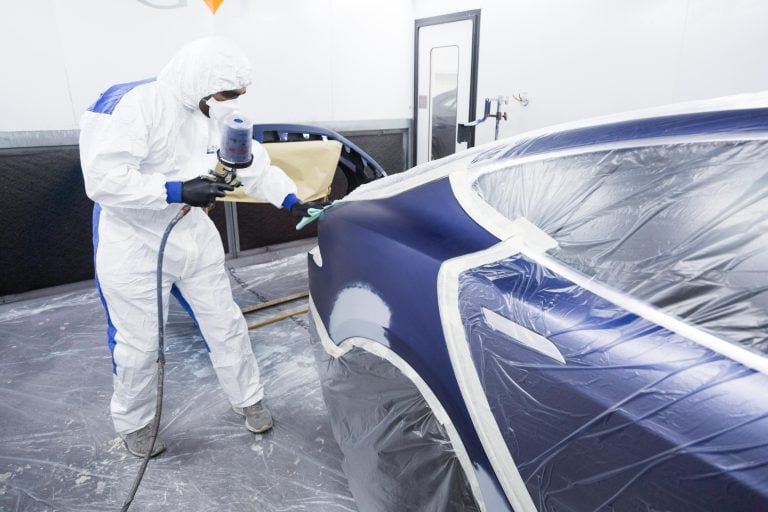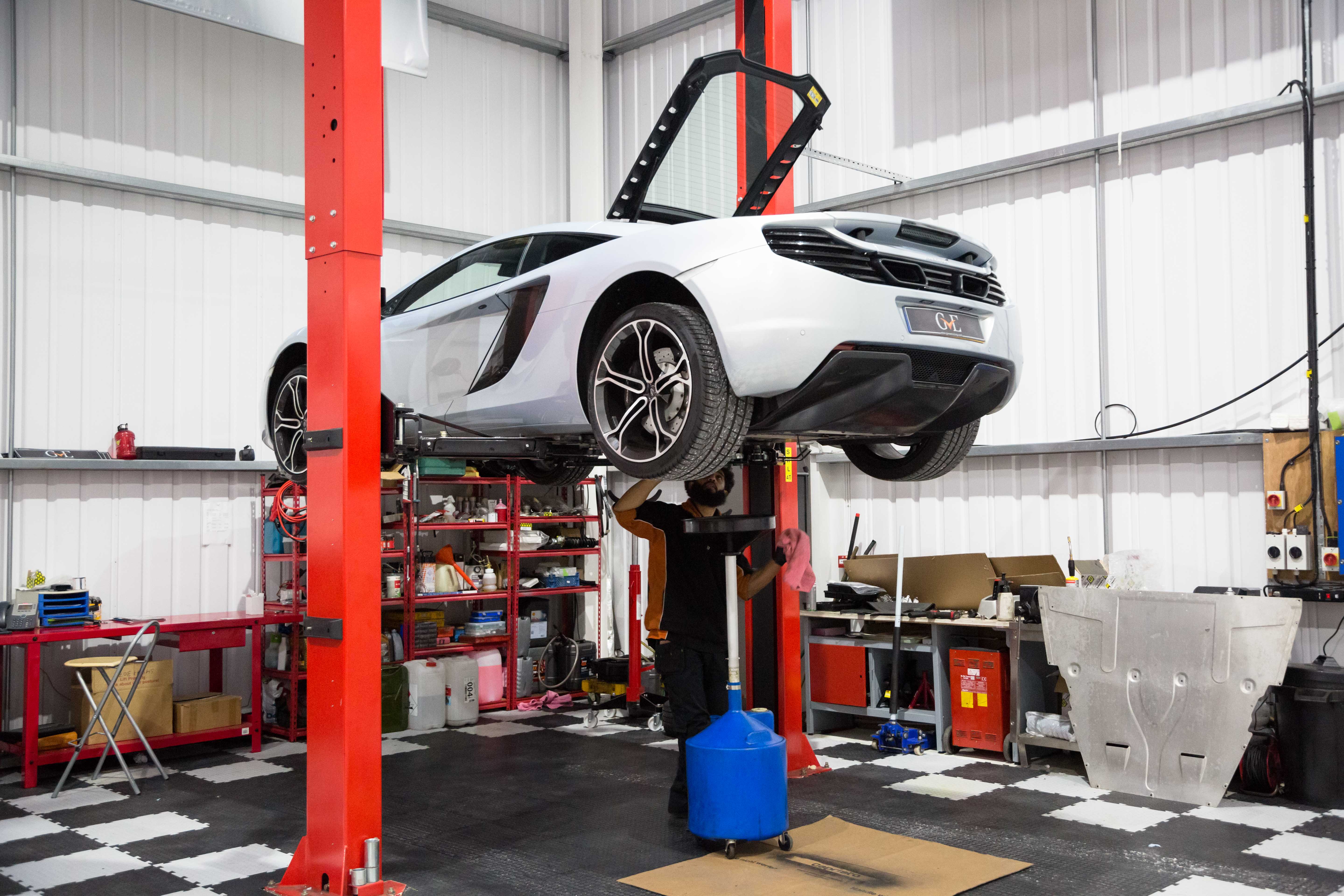- Bodyshop Case Studies
OEM vs. Aftermarket Parts in Insurance Repairs: What You Need to Know | GVE London – Blog
Learn the key differences between OEM and aftermarket car parts, their pros, cons, and how they impact repairs, warranties, insurance, and overall performance.
When your car needs repair after an accident, one of the first decisions you take is whether you’re going to stick to OEM, or original equipment manufacturer, parts or with aftermarket parts. The choice greatly impacts every aspect of your car, including performance, warranty, and sometimes even appearance. So, let’s break down the differences to help you make an informed decision.
Understanding OEM and Aftermarket Parts
Let’s start by understanding what these two options available to us really are.
OEM parts are the ones made by your car’s manufacturer or an authorised supplier. They’re identical to the parts originally installed in your vehicle. So, they fit, look, and perform exactly like the parts your car originally came with.
On the other hand, aftermarket parts are produced by third-party companies. The variety here is vast. You’ve got cheap aftermarket parts that look and feel like they actively degrade your car, there are aftermarket parts similar to the quality of OEM, and then there are those that have something that OEMs don’t. For example, an aftermarket exhaust maybe allow for better airflow.
Clearing the Misconception
It is a common belief that aftermarket parts are all equally bad. This couldn’t be further from the truth.
Aftermarket parts are just referred to equipment built by any other manufacturer that isn’t the original manufacturer of a car’s company. So, technically, installing a Lexus mirror on a Mercedes (just a hypothetical, don’t get hung up on the symmnatics) is technically aftermarket too.
There are aftermarket parts that match or even exceed the OEM parts quality and then, there are also the cheap aftermarket parts we’re all familiar with that make the entire industry get a bad rep.
Pros and Cons
Now, with that clear, let’s look at a gernalised pros and cons comparison between the two:
OEM Parts
Pros:
- Guaranteed fit and function.
- Maintains vehicle warranty.
- Often comes with a manufacturer’s warranty.
Cons:
- Typically more expensive.
- Limited availability for older models.
Aftermarket Parts
Pros:
- Generally more affordable.
- Wider selection and availability.
Cons:
- Quality can be inconsistent.
- May not fit as precisely.
- Potentially voids certain warranties.
Read Also: What to Expect During a Car Insurance Repair Process?
Insurance Considerations
Perhaps the biggest consideration when getting your car repaired is insurance. Now, insurnace companies often prefer aftermarket parts to reduce repair costs. However, this isn’t always true and varies greaty based upon policy and state regulations.
Some require you to use OEM parts, some allow you to go with aftermarket parts. It depends. The point is, be clear on the policy so you do not end up going against your policy.
Making the Right Choice
Your decision should factor in:
- Vehicle Age: Newer cars might benefit more from OEM parts to maintain value.
- Budget: Aftermarket parts can be cost-effective for older vehicles.
- Insurance Policy: Review your coverage to see what’s included.
- Repair Quality: For critical components, OEM parts might be the safer bet.
Conclusion
The choice largely boils down to your expectations, budget and what your insurance company really allows for. For insurance repairs, come on down to GVE London. No matter if you’re planning on sticking to OEM parts or something aftermarket, we’ll guide you towards the best options so you’re in a position to make an informed decision keeping all factors in mind. We’re a car showroom that works with all things automotive, from sales and purchase to repairs and modifications. We also export our vehicles to buyers across the globe. Get in touch with us today to know more!
Frequently Asked Questions
Yes, but it depends on your policy. Some insurers allow it if you’re willing to pay the difference.
They can. If an aftermarket part causes damage, it might void certain aspects of your warranty.
Not necessarily. Some are of high quality, but it’s essential to research and choose reputable brands.
Contact Us
"*" indicates required fields
OUR SERVICES
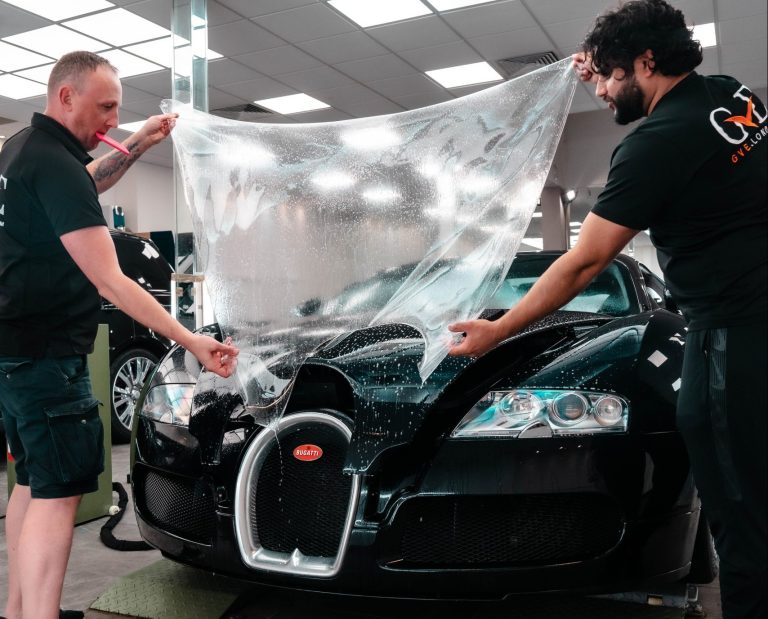
PAINT PROTECTION FILM
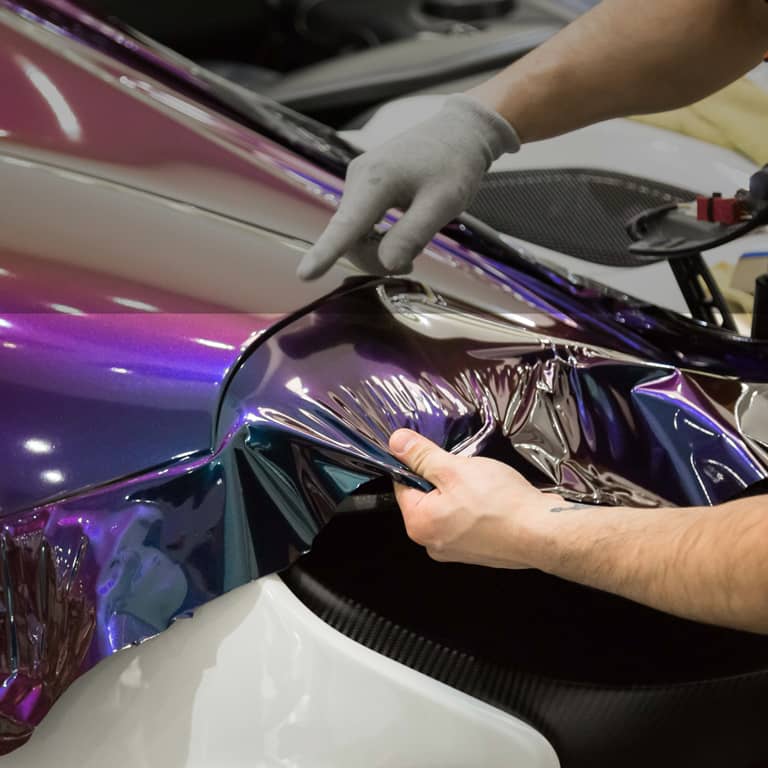
WRAPPING
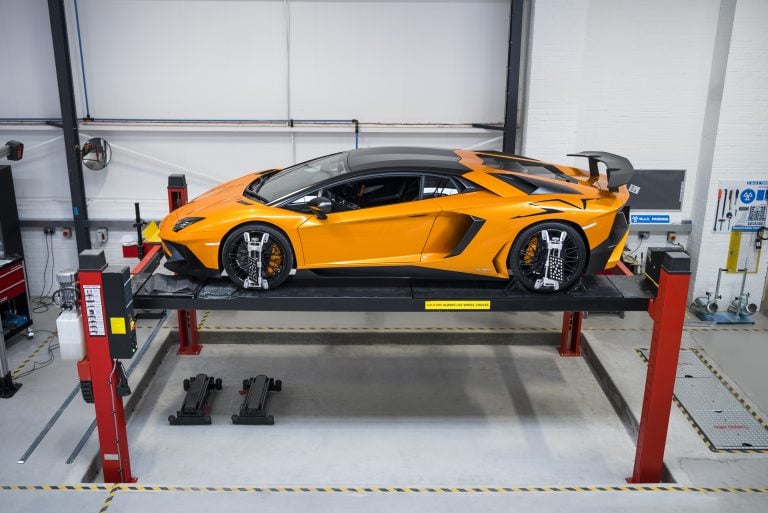
SERVICING
